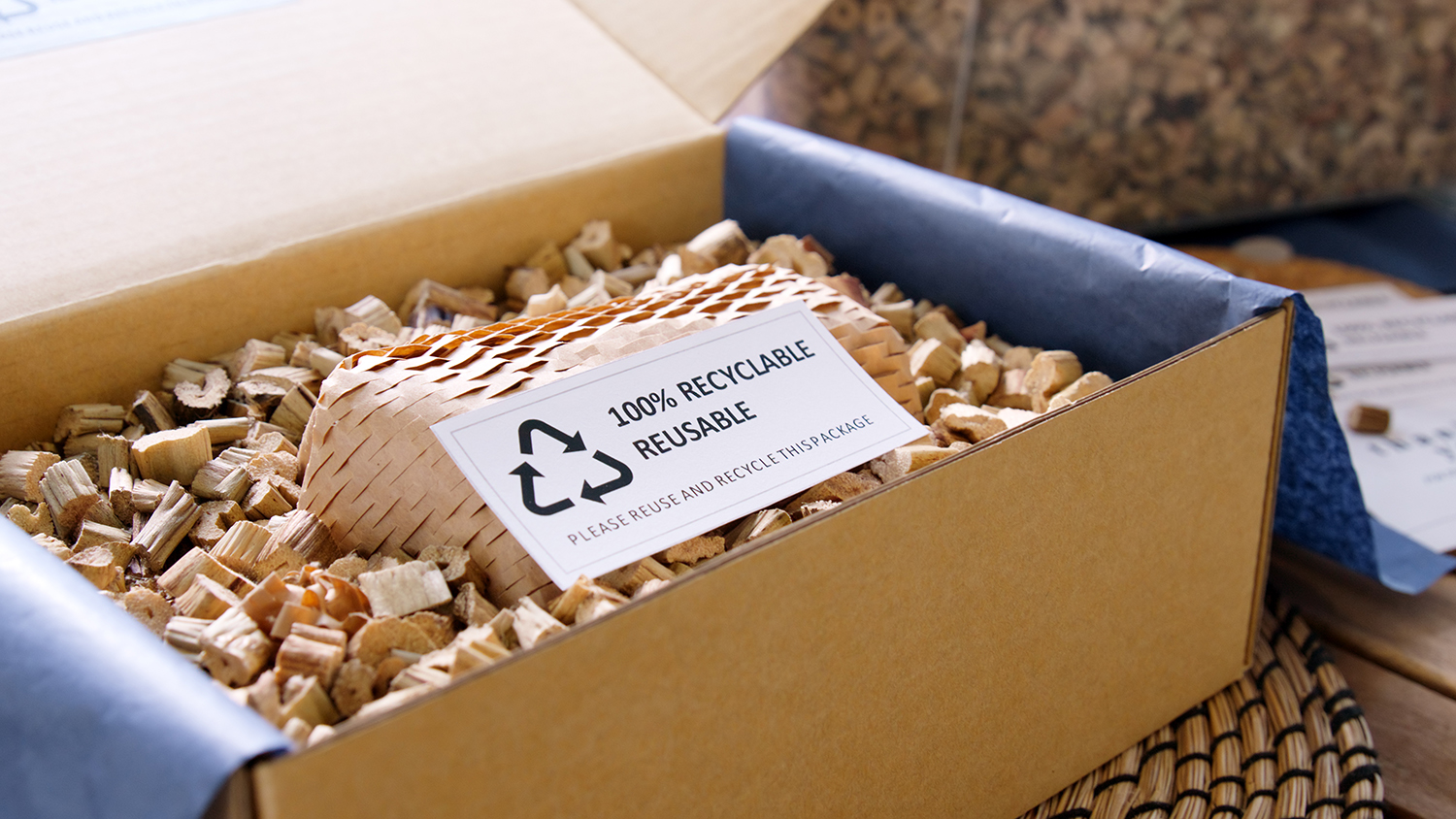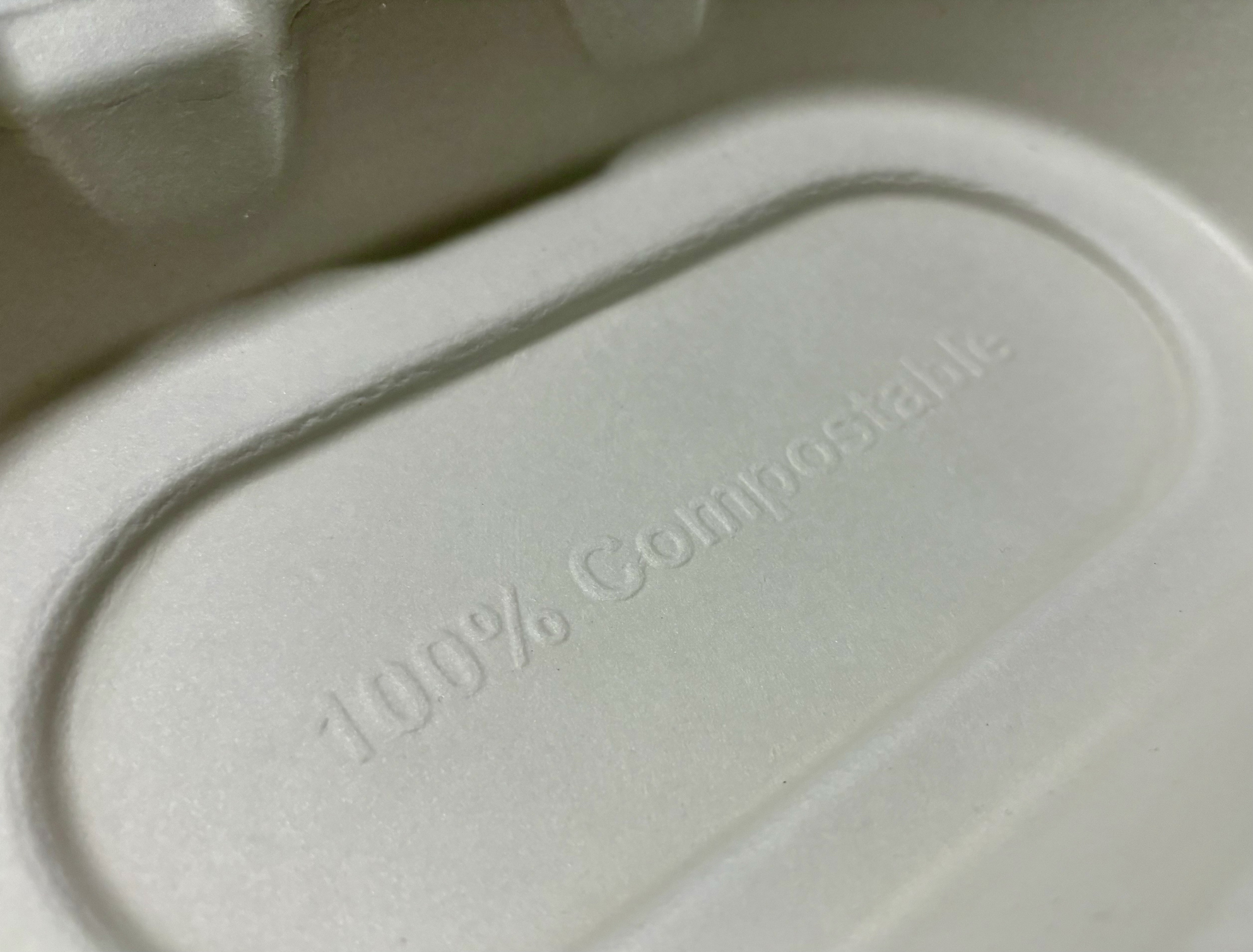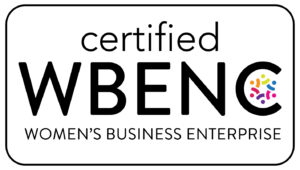Let’s face it, recycling feels good. With a climate crisis looming that impacts everyone on Earth, it’s hard to put a price tag on giving back to the environment. In a recent study, 66 percent of consumers say sustainability is a priority when making a purchase.
It’s becoming clear today’s consumer is interested in reducing waste and moving away from plastics altogether. Knowing a company shares those same values is essential in today’s eco-conscious world.
The packaging industry is experiencing a sustainability renaissance in nearly every sector, driven by consumer demand for more paper options and new legislation aimed at curbing waste. But with great change comes great confusion.
Greenwashing – when a brand exaggerates or over-inflates sustainability claims, has been a problem for decades. It can cause massive loss in the public’s trust and companies have even been held liable in extreme cases.
Vague messaging can also make consumers scratch their heads. Brands using a variety of different sustainable messaging on their packages, or irrelevant messages, can leave consumers wondering what it all means.
So how can you make sure your packaging’s sustainable messaging doesn’t get lost in translation?
Remember these tips to make your messaging clear:
 Be Honest: Greenwashing is completely avoidable. True sustainability starts with honest communication. Be truthful with consumers about what’s in your packaging and how or if it can be recycled.
Be Honest: Greenwashing is completely avoidable. True sustainability starts with honest communication. Be truthful with consumers about what’s in your packaging and how or if it can be recycled.- Be Concise: Avoid technical terms or industry jargon that could confuse or discourage consumers from correctly disposing of your packaging materials.
- Be Proactive: Anticipate questions and concerns a consumer might have about your packaging’s material and address them head-on.
- Get Guidance: Consider getting expert help in finding new, more sustainable ways to package your products.
Finally, steer clear of “Biodegradable.” Avoid this term on packaging at all costs, especially on plastic materials. In some states, it’s even illegal to promote this on packaging because there’s no consensus as to when the materials break down or if toxins are released.

Instead, use “Compostable” when appropriate. If your packaging is compostable, say so! Compostable packaging is clearly defined as breaking down in a specific, short timeframe into non-toxic materials. A material must meet rigorous criteria to be able to tout this claim, so it’s absolutely worth mentioning.
Premier is a leader in sustainable packaging efforts, and we want our customers to always choose the recycling bin. Contact us today about sustainable packaging options.

